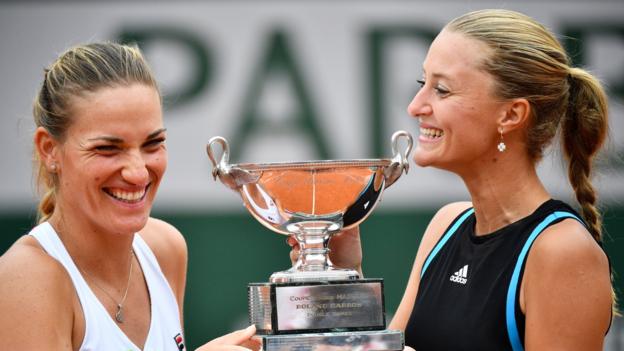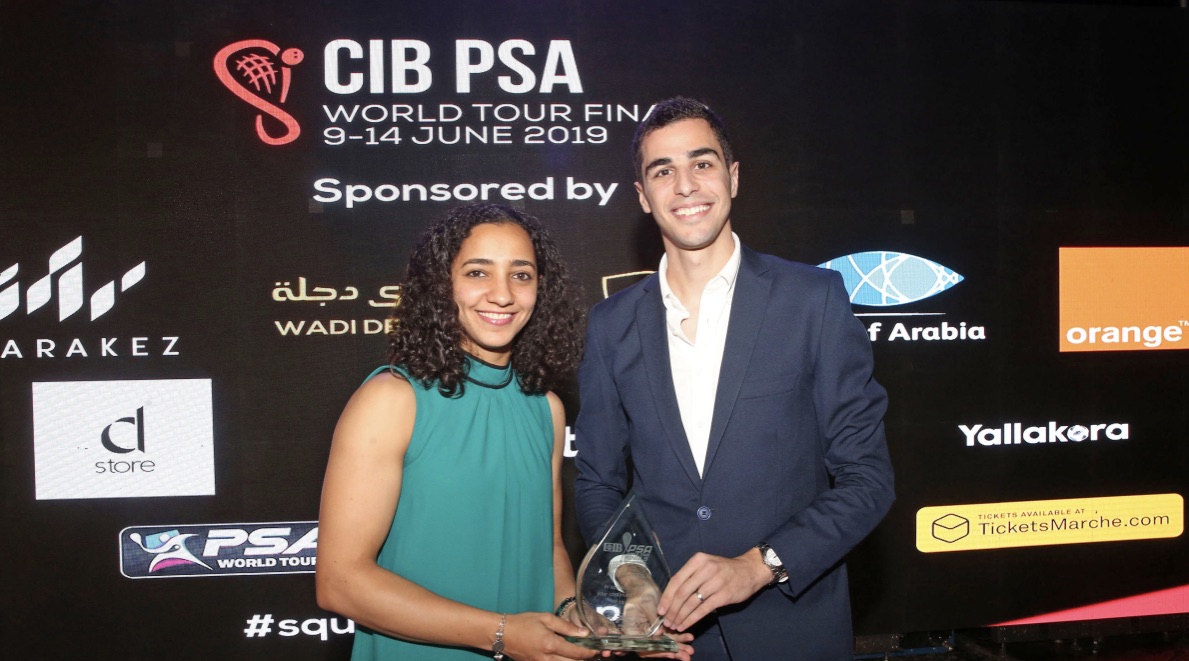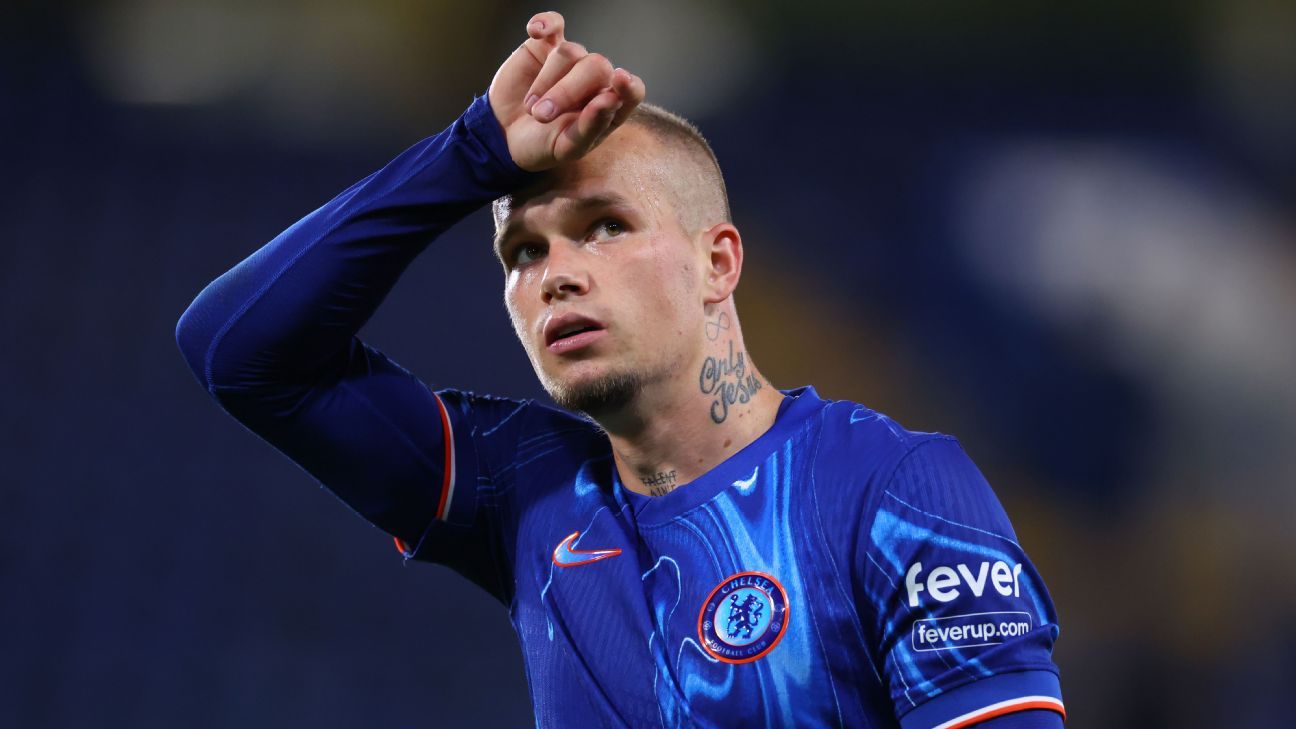IAAF Council meeting decisions also include the continued suspension of Russia and a new out-of-competition drug testing funding scheme for road races
IAAF president Seb Coe has unveiled the global governing body’s new name and logo as ‘World Athletics’, as a number of decisions and updates were announced following the 217th IAAF Council Meeting in Monaco.
The new name is said to build on the organisation’s restructuring and governance reform agenda of the past four years “to represent a modern, more creative and positive face for the sport”.
The new brand identity will begin its rollout in October after the IAAF World Championships in Doha and following approval by congress of the change to the federation’s legal name.
“The hope is that our new brand will help attract and engage a new generation of young people to athletics,” said Coe.
“We have now created a brand that can come to life in the digital world while reflecting the changing nature of the sport. And at the same time bring into focus the athletes, the heroes of our sport.”
IAAF CEO Jon Ridgeon said: “The IAAF name has been in existence for over 100 years, but it has little understanding or relevance to those outside of athletics.
“The new identity creates a symbol that can stand alone and work with partners and events.”
The logo design includes three main elements: the ‘W’ of ‘World’, which is said to also be a symbol of an athlete’s arms raised in victory; the ‘A’ of ‘Athletics’, designed to represent an athlete’s focus as they prepare for the road ahead; and an arc over both to represent the entire athletics community coming together.
You can read about our own rebrand from Athletics Weekly to AW here.
Russia remains suspended
Also on Sunday (June 9), IAAF taskforce independent chairperson Rune Andersen confirmed that the taskforce recommended, and the IAAF Council agreed, that the Russian Athletics Federation (RusAF) should not be reinstated as an IAAF member at this time.
It is the 11th time the governing body has extended the suspension, which was introduced in November 2015, although some Russian athletes have since been allowed to compete internationally as authorised neutral athletes.
The latest extension means that the participation of a Russian team at the World Championships in Doha remains in doubt.
Speaking at an IAAF Council meeting media briefing, Andersen said RusAF has paid costs up to the end of March 2019, totalling more than $3.2 million, and has committed to pay any further such costs on a quarterly basis moving forward.
Therefore, the cost condition of the federation’s reinstatement has been met, he explained.
However, Andersen also said that the taskforce noted the Athletics Integrity Unit’s investigation into whether RusAF officials were involved in an attempt to cover up a doping offence by one of their athletes.
“It (taskforce) does not think reinstatement can be considered while that investigation remains pending,” commented Andersen.
He said the taskforce also noted recent allegations that banned coaches and a banned doctor continue to work with Russian athletes.
“If so, that calls into question whether RusAF is able to enforce doping bans and whether all RusAF athletes have embraced the change to a new anti-doping culture proclaimed by RusAF, both of which are conditions to reinstatement,” he added.
“The AIU (Athletics Integrity Unit) will be looking into this.”
The full taskforce report can be found here.
IAAF Council approves new out-of-competition drug testing funding scheme
On Saturday, the IAAF announced the approval of a new out-of-competition drug testing funding scheme for road races.
The governing body says the new funding scheme, developed jointly by the IAAF and the AIU, will “dramatically increase” the out-of-competition drug testing pool for athletes who compete primarily in road races.
“In 2018, 76 per cent of 50 IAAF Gold Label road race (excluding the six Gold Label marathons in the Abbott World Marathon Majors) winners were not part of any out-of-competition anti-doping programme,” said the IAAF. “In the same year, 74 per cent of the podium finishers in those Gold Label road races were not included in out of competition testing pools in the sport or within their countries. In 22 per cent of those races, not a single athlete who finished on the podium in either the male or female race was tested out-of-competition.”
The governing body described those figures as “startling”, leading to the “resounding” approval of the new funding scheme.
“With its extraordinary growth in recent years, the road racing industry was at the risk of becoming a victim of its own success,” said Coe. “Now is the crucial time to address the vulnerabilities that have been identified to protect the future of this growing, vibrant industry.
“Addressing this has been a genuine collaboration between the IAAF, the AIU, the Abbott WMM, and Gold Label races, managers and athletes and I would like to thank everyone for coming together and taking collective responsibility for strengthening these events so they can continue to inspire, motivate and challenge the world to move.
“While we believe the overall framework of this new funding model will provide a lasting solution, it is important to remember that details will be thoroughly reviewed after twelve months.”
The financial contribution model proposed by the IAAF’s road running commission and approved by the IAAF Council will see all stakeholders, including race organisers, athlete managers and athletes, each contribute to the funding pool.
In April, a separate “groundbreaking” new anti-doping investigation and intelligence-driven testing programme was launched by the AIU and Abbott World Marathon Majors (WMM).
The WMM is a series featuring six of the world’s most prestigious marathons: Tokyo, Boston, London, Berlin, Chicago and New York.
More on the new funding scheme can be found here.

























 Phone: (800) 737. 6040
Phone: (800) 737. 6040 Fax: (800) 825 5558
Fax: (800) 825 5558 Website:
Website:  Email:
Email: 






